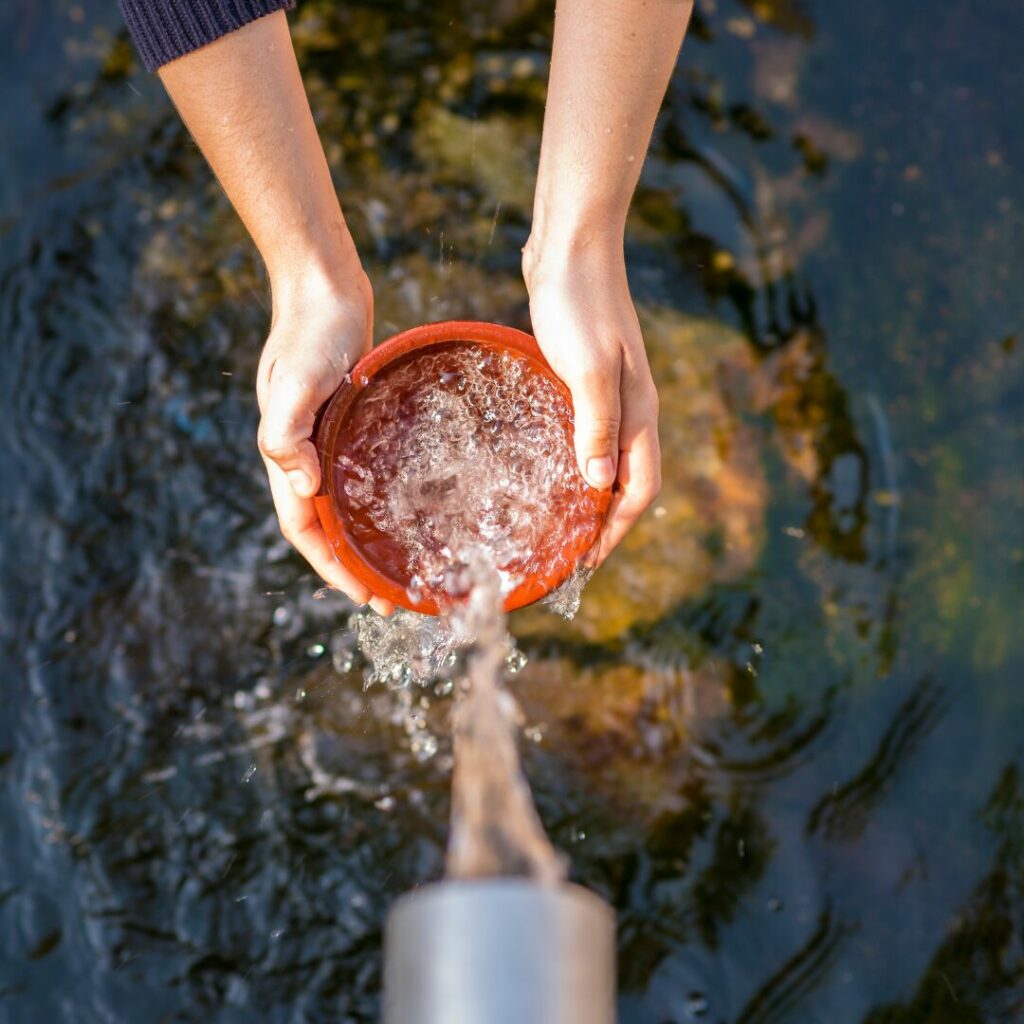How to choose the best water bottle for you.
When it comes to staying hydrated on the go, choosing the right water bottle is essential for convenience and health.
Water bottles are popular because there are many options available, such as plastic and metal, aluminum, or stainless steel. However, selecting between these two materials involves more than just personal preference. We must consider safety, environmental impact, durability, and insulation properties to make an informed decision.
In this article, we’ll delve into the pros and cons of plastic and metal water bottles, helping you choose the best option for your lifestyle and well-being.
Plastic Vs Metal Water Bottles: Which One Should You Choose?
Plastic Water Bottles:
- Safety: Some plastic bottles can release chemicals like BPA or phthalates, especially when exposed to heat or sunlight. However, many plastic bottles are made without these harmful substances and carry a label that says they are BPA-free.
- Bisphenol A (BPA) is a chemical used since the 1950s to make plastics. It’s found almost everywhere in our environment and even in our bodies. However, recent studies suggest that even small amounts of BPA could be harmful, linking it to serious health problems like breast and prostate cancer, obesity, behavior issues, and problems with reproduction. This challenges the long-held belief that BPA is safe. How BPA’s safety was initially determined and defended sheds light on the current debate over its safety. Lawmakers and regulators now face tough questions: Is BPA truly safe, and if not, what should be done to protect our health? The answers could lead to changes in laws governing chemicals, affecting not just BPA but other substances.
- Environmental Impact: Plastic bottles are less eco-friendly than metal ones. They are made from non-renewable resources and contribute to pollution when we recycle them incorrectly.
- Durability: Plastic bottles are lightweight and shatter-resistant but can degrade over time and are prone to scratches and cracks.
- Insulation: Most plastic bottles do not have insulating properties, so they are not ideal for keeping drinks hot or cold for extended periods.
Metal Water Bottle (Stainless Steel or Aluminum):
- Safety: A metal bottle is generally safer than a plastic one as it does not leach chemicals. However, some aluminum bottles may have a BPA liner, so it’s essential to look for bottles labeled as BPA-free.
- Environmental Impact: Metal bottles are more sustainable than plastic ones. Made from recyclable materials, they are more durable, reducing the need for frequent replacements.
- Durability: Metal bottles are sturdy and resistant to wear and tear, making them an excellent long-term investment.
- Insulation: Many metal bottles have a double wall insulation design, which keeps drinks hot or cold for hours.
Just what is BPA?
According to the National Library of Medicine, Bisphenol A (BPA) is a chemical used to make plastics since the 1950s. It is almost everywhere in our environment and even in our bodies.
However, recent studies suggest that even small amounts of BPA could be harmful, linking it to serious health problems like breast and prostate cancer, obesity, behavior issues, and problems with reproduction. This challenges the long-held belief that BPA is safe.
How BPA’s safety was initially determined and defended sheds light on the current debate over its safety. Lawmakers and regulators now face tough questions: Is BPA truly safe? And if not, what can we do to protect our health? The answers could lead to changes in laws governing chemicals, affecting not just BPA but other substances.

And the winner is…
Both types of bottles have pros and cons. Metal water bottles are generally considered safer and more environmentally friendly than plastic ones. If you choose a plastic bottle, ensure it is BPA-free, and if you opt for a metal bottle, look for one made of stainless steel or BPA-free aluminum with insulation properties.
Have you heard about Second Sole? If not, check out this blog and discover why you should stop in soon. Your feet will thank you.






